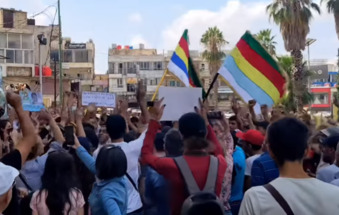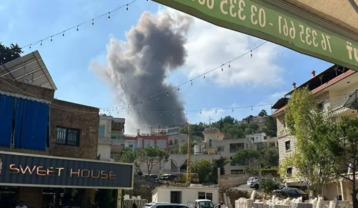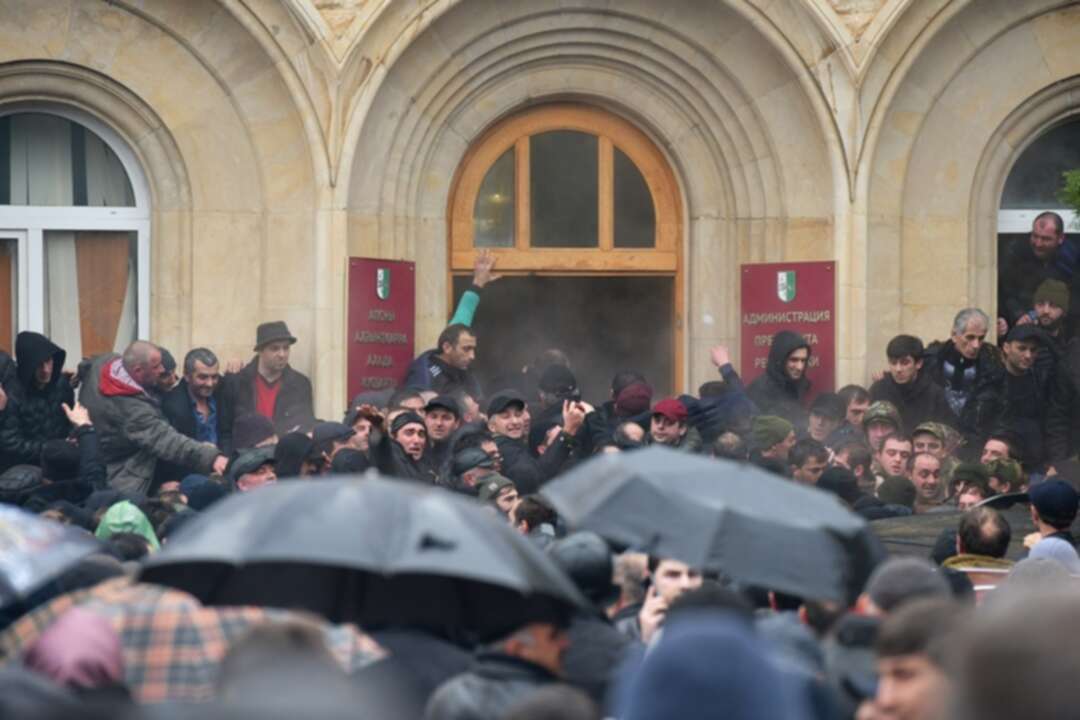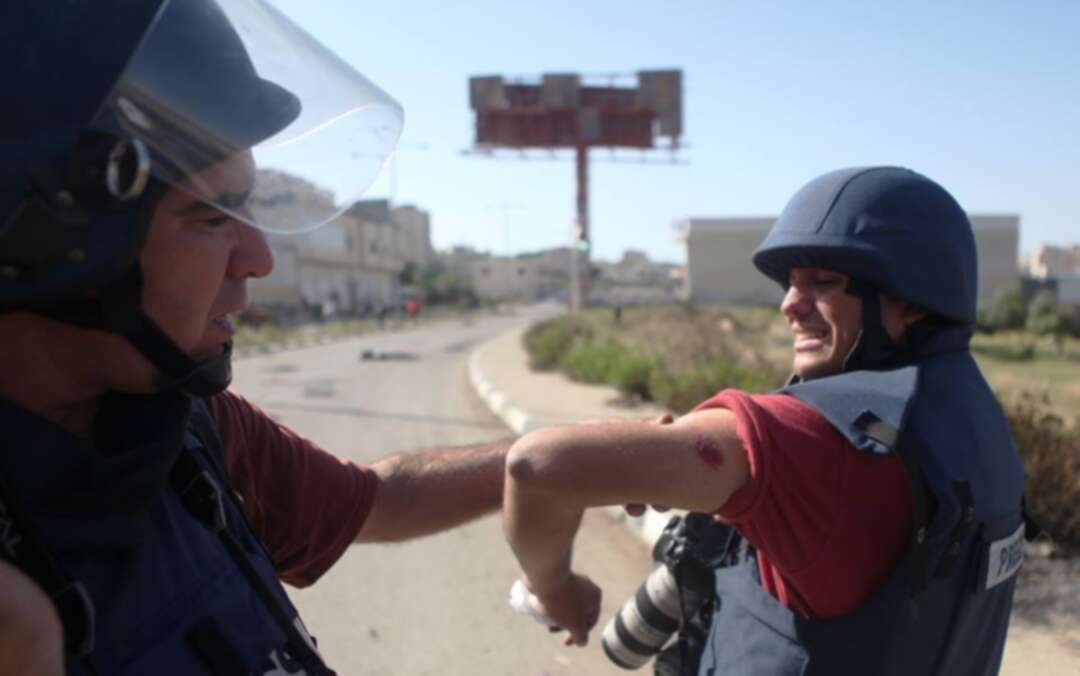-
In secret talks.. Iran mediates transfer of advanced Russian missiles to Houthis
-
The possibility of Houthis obtaining Russian Yakhont missiles could change the balance of power in the region, posing new challenges to international efforts to secure vital shipping routes
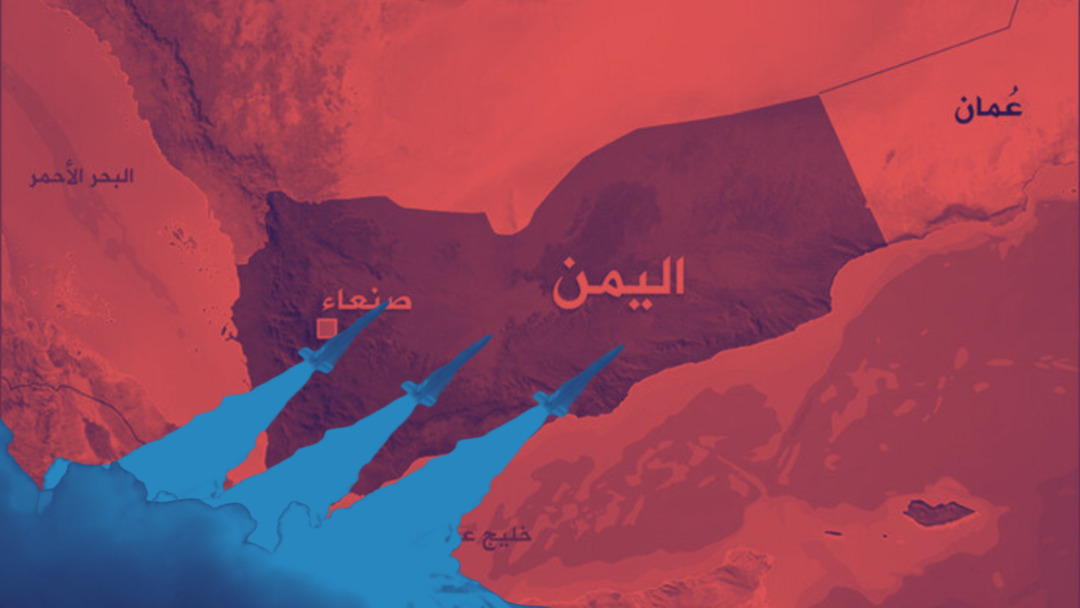
Three Western and regional sources revealed that Iran is playing a mediating role in ongoing secret talks between Russia and the Yemeni Houthi group to transfer anti-ship missiles to the armed group, highlighting the growing relations between Tehran and Moscow.
Seven sources reported that Russia has not yet made a final decision regarding the transfer of Yakhont missiles, also known as P-800 Oniks, which experts indicated would allow the armed group to target commercial ships in the Red Sea with greater accuracy and enhance the threat to American and European warships that provide protection for navigation.
In July, the Wall Street Journal reported that Russia was considering sending the missiles. Previous press reports did not address Iranian mediation.
The Houthi group has carried out multiple attacks with drones and missiles on ships in vital shipping routes in the Red Sea since November in solidarity with the Palestinians in the ongoing war between Israel and the Gaza Strip.
These attacks have resulted in the sinking of at least two ships and the seizure of a third, disrupting global maritime trade by forcing shipping companies to reroute ships, according to industry sources. This has raised insurance costs for ships crossing the Red Sea.
In response, the United States and Britain launched strikes on Houthi sites, but the strikes failed to stop the group's attacks. Two regional officials familiar with the talks said that the Houthis and Russians met in Tehran at least twice this year, and discussions are ongoing to provide dozens of missiles, which have a range of about 300 kilometers. More meetings are expected to be held in Tehran in the coming weeks.
Russia has previously supplied the Lebanese Hezbollah group allied with Iran with Yakhont missiles. One source said that the talks began during the era of the late Iranian President Ibrahim Raisi, who died in a helicopter crash in May.
A Western intelligence source said, "Russia is negotiating with the Houthis about transferring hypersonic anti-ship Yakhont missiles... The Iranians are mediating the talks but don't want to sign off on them." Neither Iran's mission to the United Nations nor the Russian Defense Ministry responded to requests for comment.
Mohammed Abdel Salam, the official spokesman for the Houthi group, told Reuters, "We have no knowledge of what you reported." A senior U.S. official refrained from specifying the particular systems that could be transferred but confirmed that Russia was considering supplying the Houthis with missiles, describing this development as "extremely concerning."
A U.S. Department of Defense official said that any efforts to enhance the Houthis' capabilities would "undermine the shared international interest in global freedom of navigation and stability in the Red Sea and the broader Middle East."
Russia and Iran are working to strengthen military relations amid the Russian war in Ukraine. The United States announced earlier this month that Tehran transferred ballistic missiles to Moscow for use against Ukraine.
Three sources reported that one of the motives urging Moscow to arm the Houthis is the possibility that Western countries might decide to allow Ukraine to use Western weapons to strike targets deep inside Russia.
The senior U.S. official said that talks between Russia and the Houthis "seem to be related to our position in Ukraine and what we are or are not willing to do" regarding Kyiv's requests to lift restrictions on its use of long-range weapons supplied by the United States to strike targets deep inside Russian territory.
Russian President Vladimir Putin warned in June that Moscow might send advanced long-range weapons - similar to those provided by the United States and its allies to Ukraine - to Western adversaries around the world.
The Yakhont missile is considered one of the most advanced anti-ship missiles in the world. It is designed to fly over the sea surface to avoid detection and reaches twice the speed of sound, making it difficult to intercept.
Fabian Hinz, a ballistic missile expert at the International Institute for Strategic Studies, said that Russia's transfer of Yakhont missiles to the Houthis would be a "game-changer" for regional security. He added, "The P-800's capability far exceeds the anti-ship ballistic missiles and cruise missiles used by the Houthis so far."
Hinz pointed out that Russia would need assistance in technical aspects to deliver the missiles, including how to transport and operate them without the United States detecting and destroying the weapons. The Houthis would also need training on the system. The senior U.S. official warned of dire consequences if these weapons were transferred.
Levant-Agencies
You May Also Like
Popular Posts
Caricature
Qatar Closes Hamas Office...
- November 11, 2024

Qatar Closes Hamas Offices
opinion
Report
ads
Newsletter
Subscribe to our mailing list to get the new updates!

